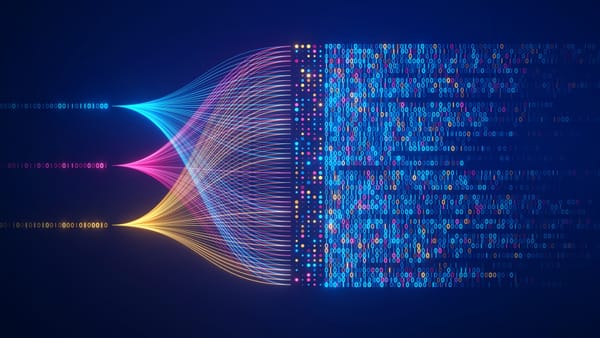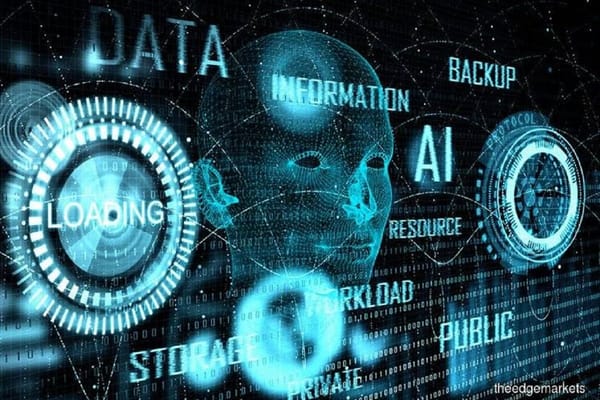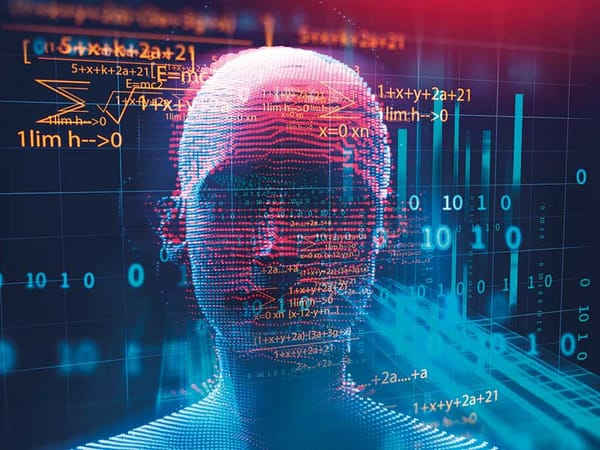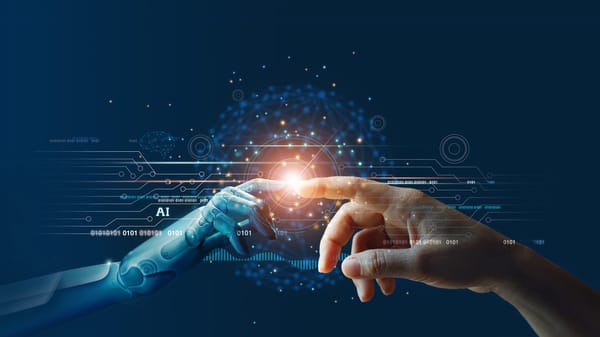Synthetic DNA Storage

DNA can store digital information in a space that is orders of magnitude smaller than data centers use today. It's one promising solution for storing the exploding amount of data the world generates each day, from business records and cute animal videos to medical scans and images from outer space.
The team at the UW and Microsoft is exploring ways to close a looming gap between the amount of data we are producing that needs to be preserved and our capacity to store it. That includes developing algorithms and molecular computing technologies to encode and retrieve data in fabricated DNA, which could fit all the information currently stored in a warehouse-sized data center into a space roughly the size of a few board game dice.
Information is stored in synthetic DNA molecules created in a lab, not DNA from humansor other living beings, and can be encrypted before it is sent to the system. While sophisticated machines such as synthesizers and sequencers already perform key parts of the process, many of the intermediate steps until now have required manual labor in the research lab. But that wouldn't be viable in a commercial setting, said lead author Chris Takahashi, senior research scientist in the Allen School.
Under the right conditions, DNA can last much longer than current archival storage technologies that degrade in a matter of decades. Some DNA has managed to persist in less than ideal storage conditions for tens of thousands of years in mammoth tusks and bones of early humans, and it should have relevancy as long as people are alive.
The automated DNA data storage system uses software developed by the team that converts the ones and zeros of digital data into the As, Ts, Cs and Gs that make up the building blocks of DNA. Then it uses inexpensive, largely off-the-shelf lab equipment to flow the necessary liquids and chemicals into a synthesizer that builds manufactured snippets of DNA and then pushes them into a storage vessel.
Source: Phys.org





